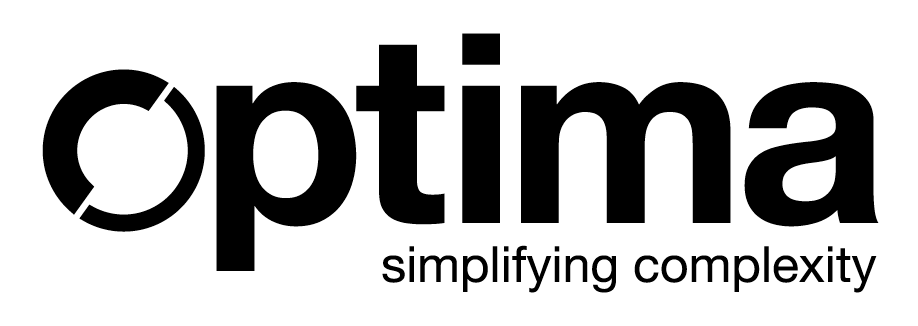Maintaining optimum efficiency is of paramount importance in the demanding world of laboratories. The dynamic nature of laboratory processes requires careful scheduling to meet deadlines and guarantee high performance.
However, it is not just a question of planning the tasks to be carried out. It is about being flexible in adapting to new situations and urgent requirements.
Adapt to change requests
New projects that disrupt the daily routine present laboratories with the challenge of completing their tasks efficiently and on time.
Changes in customer orders, fluctuations in resources due to staff absences (holidays, illness, …) or unexpected instrument downtime can disrupt planned schedules.
A schedule can become suboptimal or even unfeasible if change requests arise.
Revising the existing schedule in response to changes or disruptions is therefore key to ensuring the productivity, efficiency, and good performance of the laboratory.
In such scenarios, the ability to adapt quickly and efficiently is critical to ensure smooth operations and meet production targets.
Take the rescheduling into your own hands
Optima offers technical progress with unprecedented creative possibilities to take rescheduling into your own hands. Traditionally, rescheduling was done reactively, triggered by unforeseen events or disruptions. Today, labs can reschedule with a clear view of the impact, delays to other projects and easy communication for updates.
Need to postpone a project?
With Optima, you can select all tasks that are already scheduled in the system for a specific project and change their start date according to your requirements.
Need to reassign scheduled tasks?
Optima allows you to filter by employee or instrument and select all tasks that have been assigned to that person or instrument. You can then easily reassigned them to another available person or operational instrument.
Want to know the best start date for a series of requests?
With Optima, you can select one or more requests to be scheduled and calculate the start date based on the actual workload. This feature allows you to quickly determine if this meets your requirements, what further action needs to be taken and how to communicate to your requesters to set clear expectations.
For every situation, there is an answer that Optima can provide to support your decision-making.
Most importantly, Optima can provide a useful trend on the nature and pace of changes thanks to the collection of information and the associated actions. Optima learns. In this way, Optima can help you take a proactive approach by anticipating potential disruption and building flexibility into plans to accommodate possible changes.
The need for rescheduling emphasises the importance of operational agility and flexibility in laboratories. By conducting fluctuation analysis and implementing proactive rescheduling methods, operations can minimise disruption, optimise resource utilisation and maintain competitiveness.





